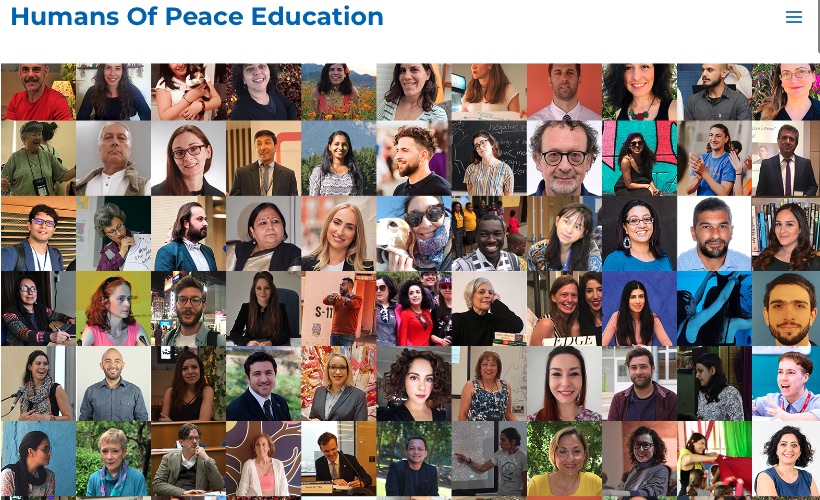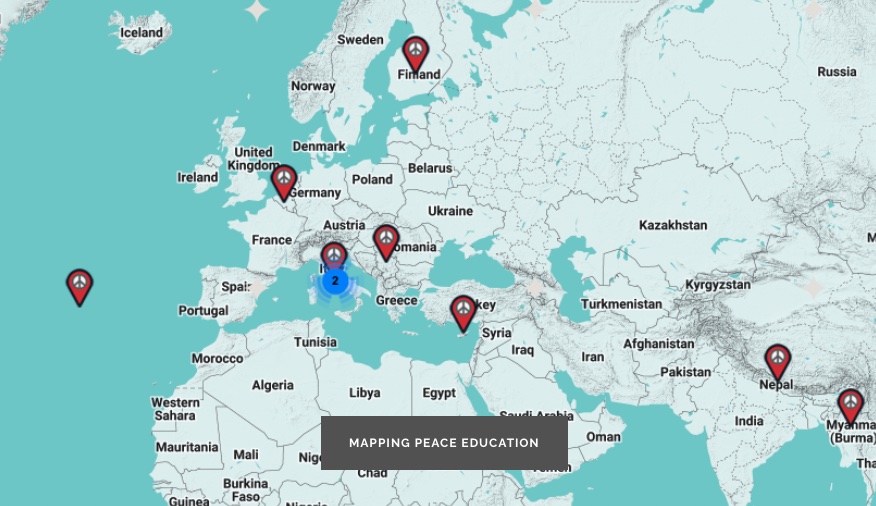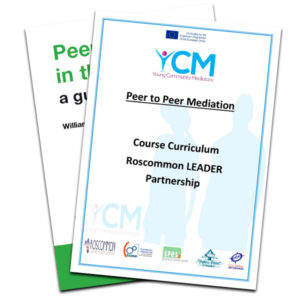About the Book
Background: This book, Teaching Peace through Elimination of Violence, aims for the advancement of peace in and around schools by promoting a pedagogy of peace and nonviolence. It is for educators (instructors of formal and non-formal education of all levels), post-graduate students of the education department, students of peace studies, education policymakers, families who teach their children, as well as those who research violence in and education for peace. The book will support analysis of the decreasing peacefulness in contexts of instruction and address curricular components such as religion, culture, gender, race, nationality, and ideology while it provides techniques for violence elimination. By offering pedagogical tools of peace and nonviolence, this book will equip educators with visions and methods of building peace during ongoing as well as new challenges like COVID 19. It will provide theoretical understanding of how violence occurs in ‘normal’ aspects of schooling and offer context-specific indigenous or local tools and practices for the educators around direct, structural, and cultural violence.
TOPIC COVERAGE (tentative):
Section I: Questioning the Lived Violence in Schools and Other Sites of Education
Section II: Local/Indigenous Practices of Education Concerning Violence and Peace
Section III: Pedagogical Tools and Techniques for Teaching Peace in Different Contexts
ARTICLE CLASSIFICATION: The book’s chapters will consist of 6,000-8,000 words inclusive of references and annexes (tables, figures, or photos) presented in the APA 7th Edition format (https://apastyle.apa.org/products/publication-manual-7th-edition). The chapters will comprise peace education theories and perspectives from the indigenous or context-specific lens’. It will include reflexive case studies of peace-oriented instruction that feature pedagogical tools such as lesson plans, content outlines, illustrations, stories, and examples of teaching activities, as well as qualitative data. The editors desire inclusion of applied indigenous knowledge and instruction that promote peace and nonviolence in education. There are no submission or acceptance fees for manuscripts submitted to this book publication.
SUBMISSION PROCEDURE: By 15 November 2021, authors may submit blinded abstracts of 500-700 words outlining their chapter’s contribution to peace education, with theoretical and philosophical perspectives, along with cases of instruction and clear methodology in research papers. In addition to an abstract, chapter proposals will include submission of a separate document with the author’s bio and full contact information. All submitted chapters will be blind peer reviewed. Authors of accepted abstracts will be notified by 15 December 2021. Full chapters are to be submitted by 1 April 2022. The aim is to submit the entire book to the publisher by January 2023.
All inquiries and chapter proposals will be delivered in email titled Chapter Proposal: Teaching Peace… to ccarter@peacemaker.st and rajkumar@kusoed.edu.np.
Author(s)/Editor(s): Raj Kumar Dhungana, Candice C. Carter and contributing authors





